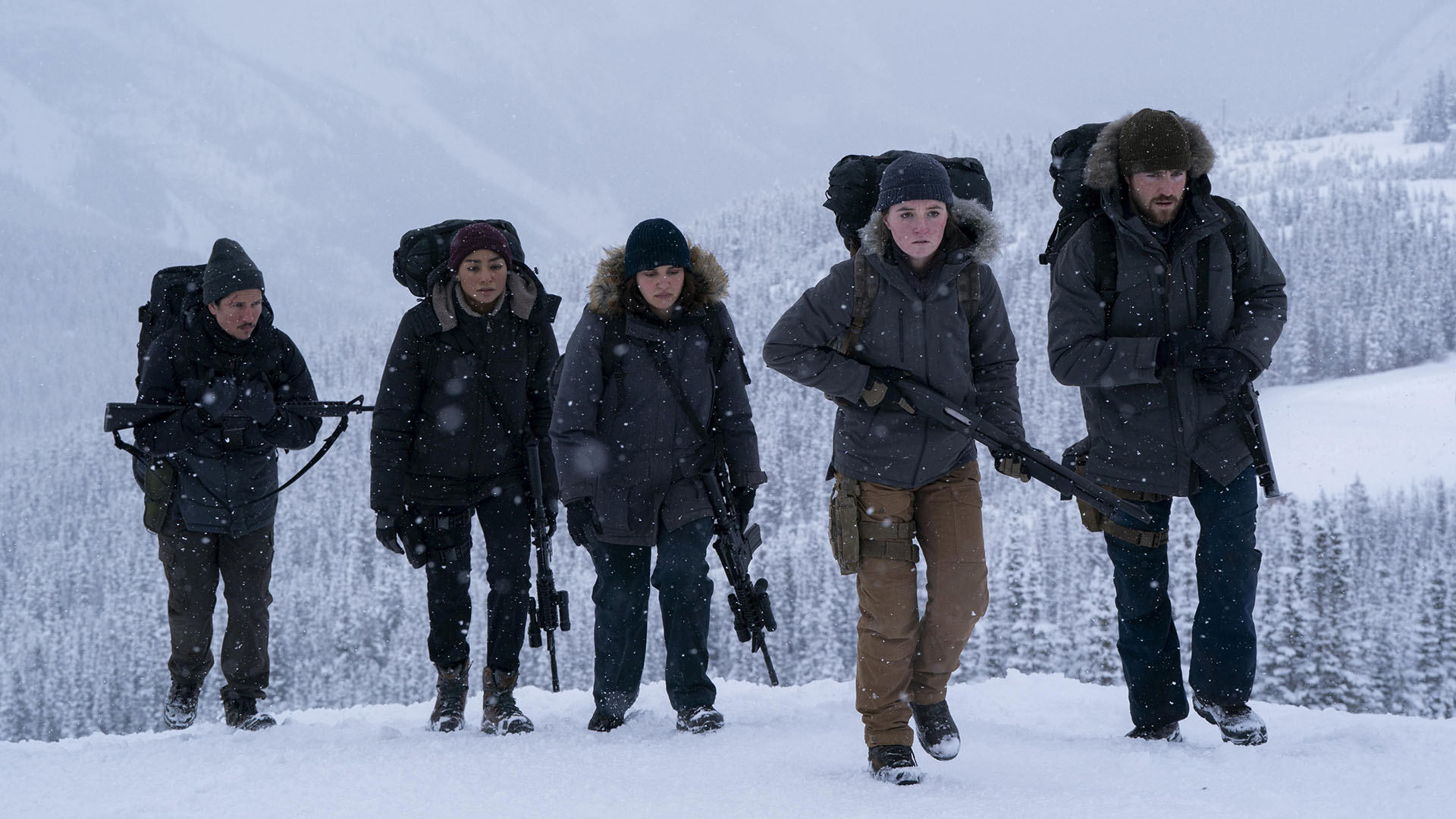What is a film or TV show about?
This is a fundamental question that drives our viewing decisions. Other details might factor into our choices, but the “about” weighs heavily. We generally prefer our media to have some degree of alignment with our particular interests. I’m personally unlikely to watch a rom-com; some people only watch rom-coms. To each their own.
Let’s give that “about” a name: it’s called a synopsis.
If you’re a Hollywood writer, writing synopses is part of your job. A synopsis is a supplemental one-page document that you attach to your screenplay. Professional script readers (also known as “unpaid interns”) read your synopsis. Based upon its content or quality, they may or may not proceed to actually read your screenplay.
Much further down the line, if that screenplay is produced into a viewable product, potential consumers are provided a different—much shorter—synopsis. It becomes one, maybe two, sentences that you see on Rotten Tomatoes or wherever.

There are different ways studios try to sell their movies and TV shows. They lean heavily on movie stars and marketing materials. But let’s not overlook the humble synopsis. Just like the back cover of a book, those few sentences are there to sell you.
But a synopsis does more than that. Much more.
The synopsis is the connective tissue that holds a story together. Without it, there is no cohesive story—just a series of vignettes.
Not to dredge up any bad memories, but here’s an analogy you might be familiar with—the dreaded thesis statement. You probably learned about this at some point in your educational career. Maybe you have a memory of getting a paper back from your teacher with “THESIS?” written at the top in red. I do.
A thesis statement appears early on in a term paper or other persuasive writing. Among other functions, it “tells the reader what to expect from the rest of the paper”. Every point you make should tie into the thesis. The same goes with a synopsis: every plot beat in the story should tie into the synopsis.
A strong synopsis is essential for a 90 minute movie, and even more so for a 10+ season TV show. A common criticism of a long-running show is if they “jump the shark”:
The idiom “jumping the shark” or to “jump the shark” means that a creative work or entity has evolved and reached a point in which it has exhausted its core intent and is introducing new ideas that are discordant with or an extreme exaggeration (caricature) of its original theme or purpose.
That’s a much more inventive and entertaining way of saying, “the show strayed from its original synopsis”, but my phrasing has the solution packaged into the criticism: just stick to the synopsis. It’s not about avoiding sharks or whatever impediments you want to invent. Just stick to the synopsis. It’s not rocket science.
That’s much easier to do if the synopsis is strong. Here’s a test: write your own synopses for your favorite TV shows.
- Deadwood: The formation of a community in 1800’s America.
- Dexter: The misadventures of a serial killer who kills other serial killers.
- Lost: Survivors of a plane crash on a mysterious island fight for survival and salvation.
- Battlestar Galactica: The surviving members of humanity search for the mythical planet Earth.
- Andor: The formative years of the rebellion against the Empire.
Chances are, if it’s a genuinely good show and not just your favorite guilty pleasure, you will write very short sentences. If you’re rambling on, or re-writing your synopses multiple times, ask yourself why that is. Maybe these weren’t strong concepts to begin with.
The best shows have the most concise and compelling synopses. Such shows are less likely to deviate from them.
But not always.
Enter HBO’s The Last of Us. Spoiler alert: if you haven’t seen Season 2, Episode 2, titled “Through the Valley”—and doing so interests you—bookmark this page and come back another time.
Here’s the synopsis for the show from IMDb: “After a global pandemic destroys civilization, a hardened survivor takes charge of a 14-year-old girl who may be humanity’s last hope.”
In other words, this show is about the hardened survivor (Joel) and the young girl (Ellie). The first season tells their story. It’s a zombie show, but that’s not what the story is really about. It’s about these two people and their relationship. The first season focused on that extremely faithfully. It’s simple but compelling—full of rich drama.
Then, in Season 2, Episode 2, they kill Joel.
I’m aghast. Not because it wasn’t well done—not because it wasn’t full of genuine anguish and emotion—but because the show was supposed to be about Joel and Ellie, and now Joel’s dead. They burnt their original synopsis to the ground.
I now understand that this is what happens in the video games that the show is based on, but that doesn’t change the fact that it’s bad storytelling—again, not because it was poorly executed, but because the one thread tying the whole plot together was deliberately cut.
What am I watching anymore? What is this show even about?
Now it has to reinvent itself. It needs to give us a new synopsis. TV shows shouldn’t do that. You want to tell a different story? Write a new show.
The internet is absolutely raving over this episode. It’s the most highly-rated, well-regarded episode of this young show’s existence.
I’m sorry internet, you’re wrong. This is not great television: it’s a stunning failure of fundamental storytelling principles. It’s a short-term dramatic win at the cost of everything. There literally isn’t a show anymore.
They’re still going to call it The Last of Us when Episode 3 airs, but it’s false advertising. The Last of Us is over. Whatever it’s going to become now, they’d be doing us a favor if they called it something different.



